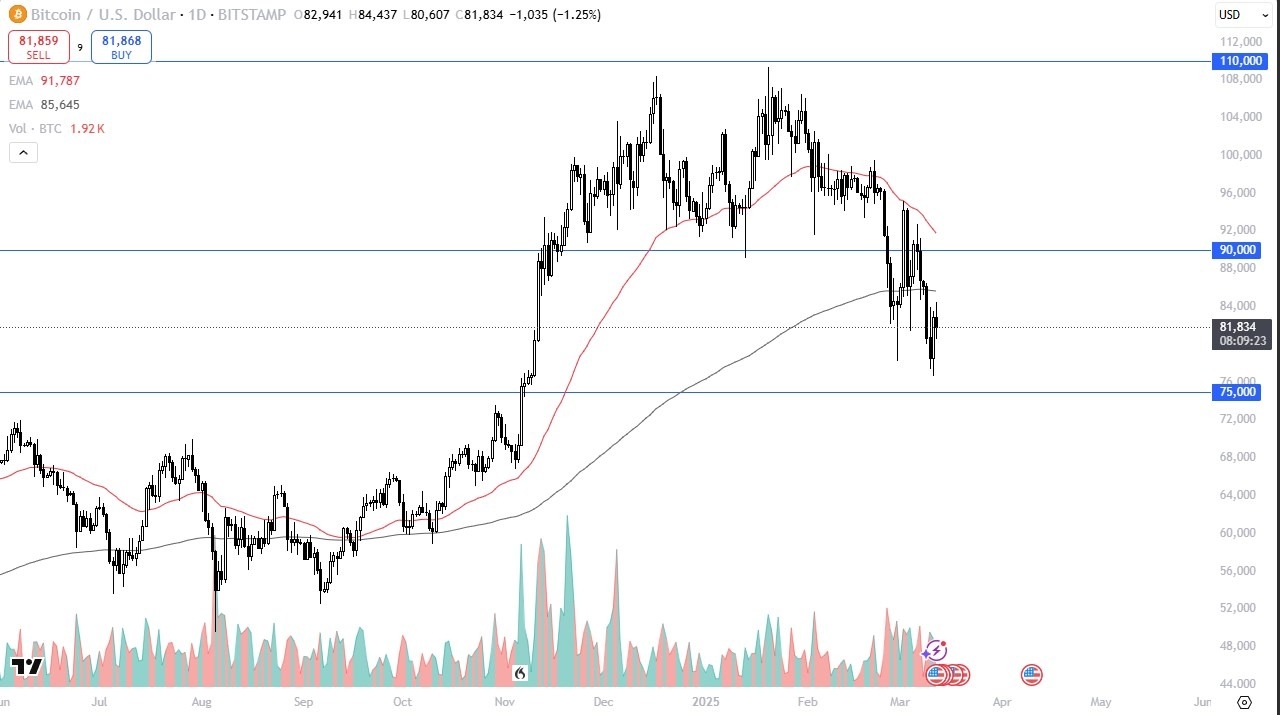DeFi companies win reprieve on tax reporting
Decentralized finance companies are breathing a sigh of relief after the Treasury Department and the Internal Revenue Service gave them a
In late December, the Treasury and the IRS issued
“They’ve kind of carved back on the requirements on DeFi probably about as far as they could,” said Jonathan Jackel, managing director in EY’s information reporting and withholding practice. “Virtually the only part of DeFi that has any obligations at all under these regs are front-end service providers. So everybody in the other layers of the DeFi stack doesn’t need to worry about anything. It’s not nothing. It’s definitely a pretty significant concession. We only expect a very limited set of businesses to be doing this reporting.”
He pointed out that front-end DeFi service providers are not set up in a way that would make it easy for them to file the reports. “Their argument is we’re not doing enough in contributing to the sale of the crypto to make us do the tax report,” said Jackel. “The argument is you can’t call us a broker because we don’t actually make the sale happen. We’re only kind of assisting or helping or providing information or a coded instruction. But it’s not up to us to pass that instruction along or execute it. And the government basically said, but you are the guys in the position to know. Particularly if you’re in a position to make sure you get paid, you probably have a lot of control over other aspects of the transaction. You would know basically what the transaction is, and so we expect you to do this reporting. It’s certainly not going to be easy for front-end service providers to implement these rules.”
Three crypto industry groups — the Blockchain Association, the Texas Blockchain Council and the DeFi Education Fund — have filed a
“There’s at least one lawsuit out there that I know about to enjoin the rules from going into effect,” said Jackel. “I guess we’ll see how the court feels about it.”
The additional two years may give the court time to sort out the matter, and the DeFi companies will also have more time to adjust. Crypto companies did not get as much leeway.
“They provided a similar phase-in on the
It’s unclear whether the Trump administration might relax the regulations, which have been hashed out between the crypto industry and the Treasury and the IRS over the years since passage of the Infrastructure Investment and Jobs Act in 2021, which mandated the reporting.
“When the new regime takes over, is this going to turn around and get reversed?” said Thomas Shea, EY Americas financial services crypto tax leader. “It’s tough to think that would happen, given all of the time and energy spent in getting to this point. But you really never know.”
There may be some benefits to the reporting for the crypto industry, which has been calling for clearer rules. “It’s not so obvious,” said Jackel. “There’s clearly an expense, and a certain amount of effort that the industry has to go through. But there is the argument that having this kind of tax reporting is consistent with just a good customer experience. And if you want to legitimize crypto, then you’re going to have to do things like help people figure out what they should put on their tax return. It’s not so obvious that these regs are necessarily bad for crypto. There are certain folks in the crypto world who just want it to be another investment, like stocks or bonds or something like that. The fact that there’s going to be a clear way to deal with it on a tax return makes it easier for customers to deal with. And maybe that’s sort of pro industry to some extent. I don’t want to make it sound like it’s the easiest thing to comply with. There will be some significant expense and effort involved in implementing, but it’s not clear it’s entirely negative for the industry either.”
Even though the DeFi companies have an extra two years, crypto exchanges will need to start sending the Form 1099-DA this year.
“I would certainly expect centralized exchanges to be ready to go because transactions occurring in 2025 are going to be reportable,” said Jackel. “Failing to comply is not really an option that’s available. With DeFi, it’s obviously a little bit less clear. There won’t really be the issue of complying until 2027, and then there’s the lawsuit. It’s conceivable that the court would say these rules don’t work and they’re not enforceable. And if that were the case, I wouldn’t expect anybody in the DeFi world to be doing reporting.”
Source link
Written by : Editorial team of BIPNs
Main team of content of bipns.com. Any type of content should be approved by us.
Share this article:








